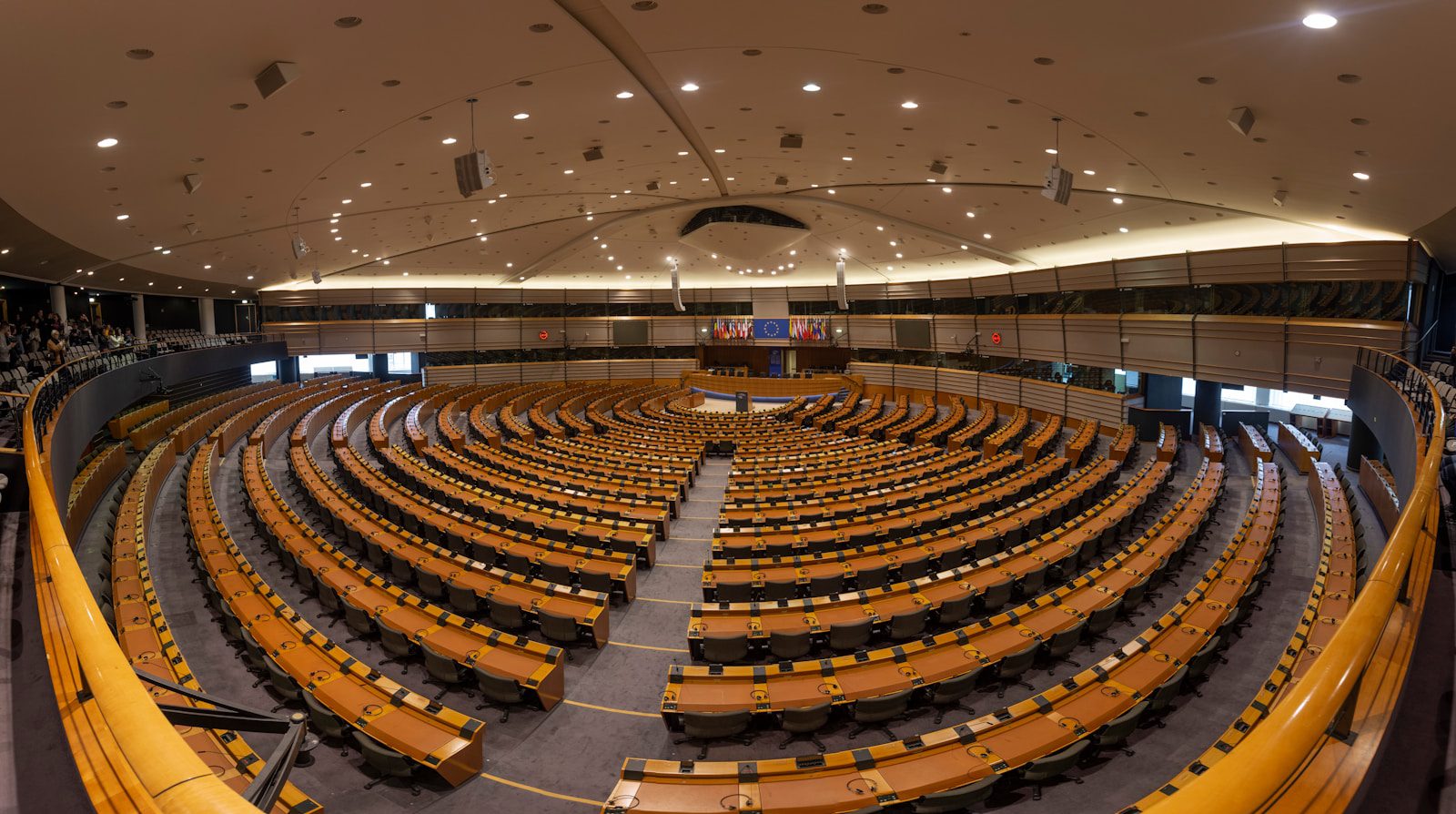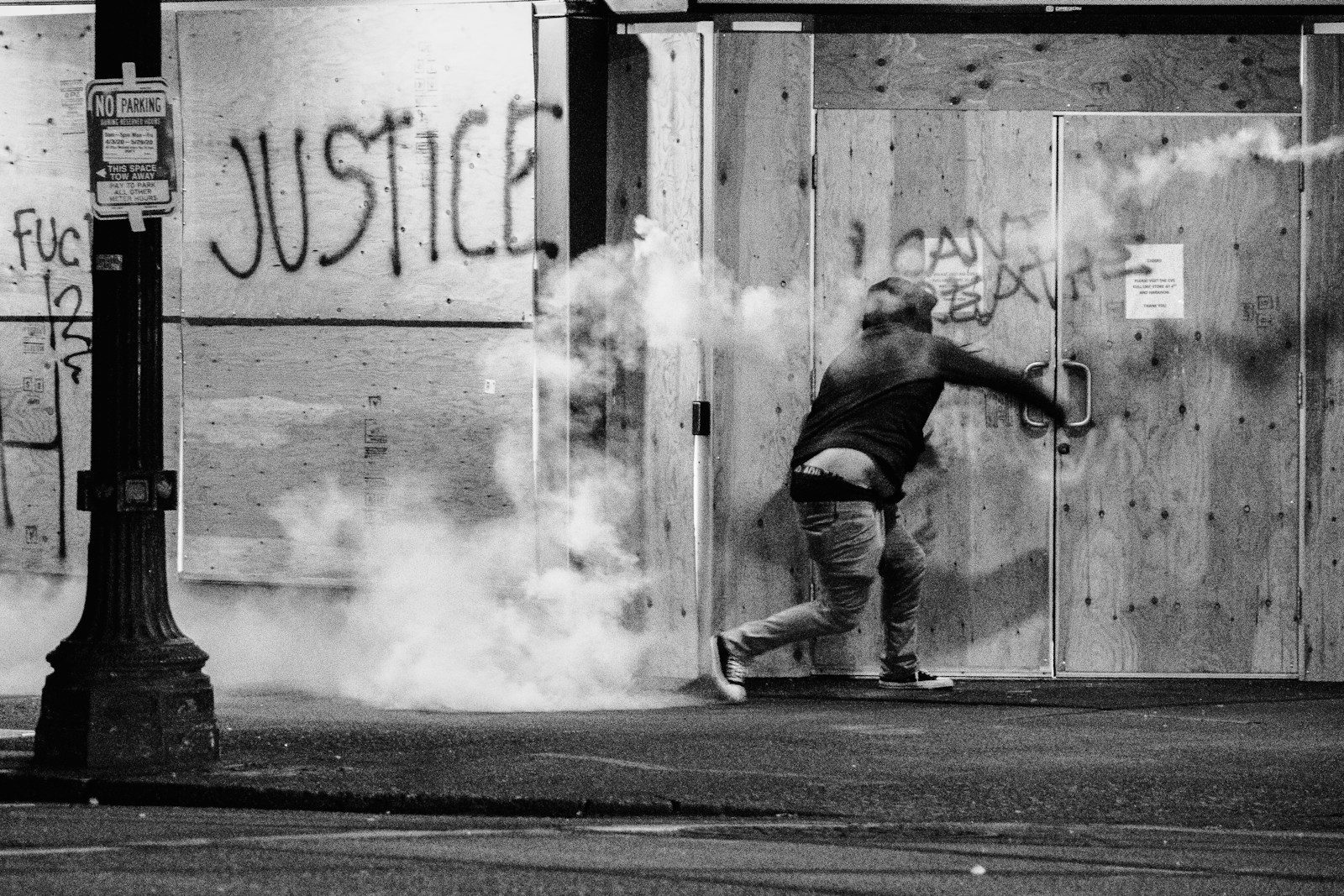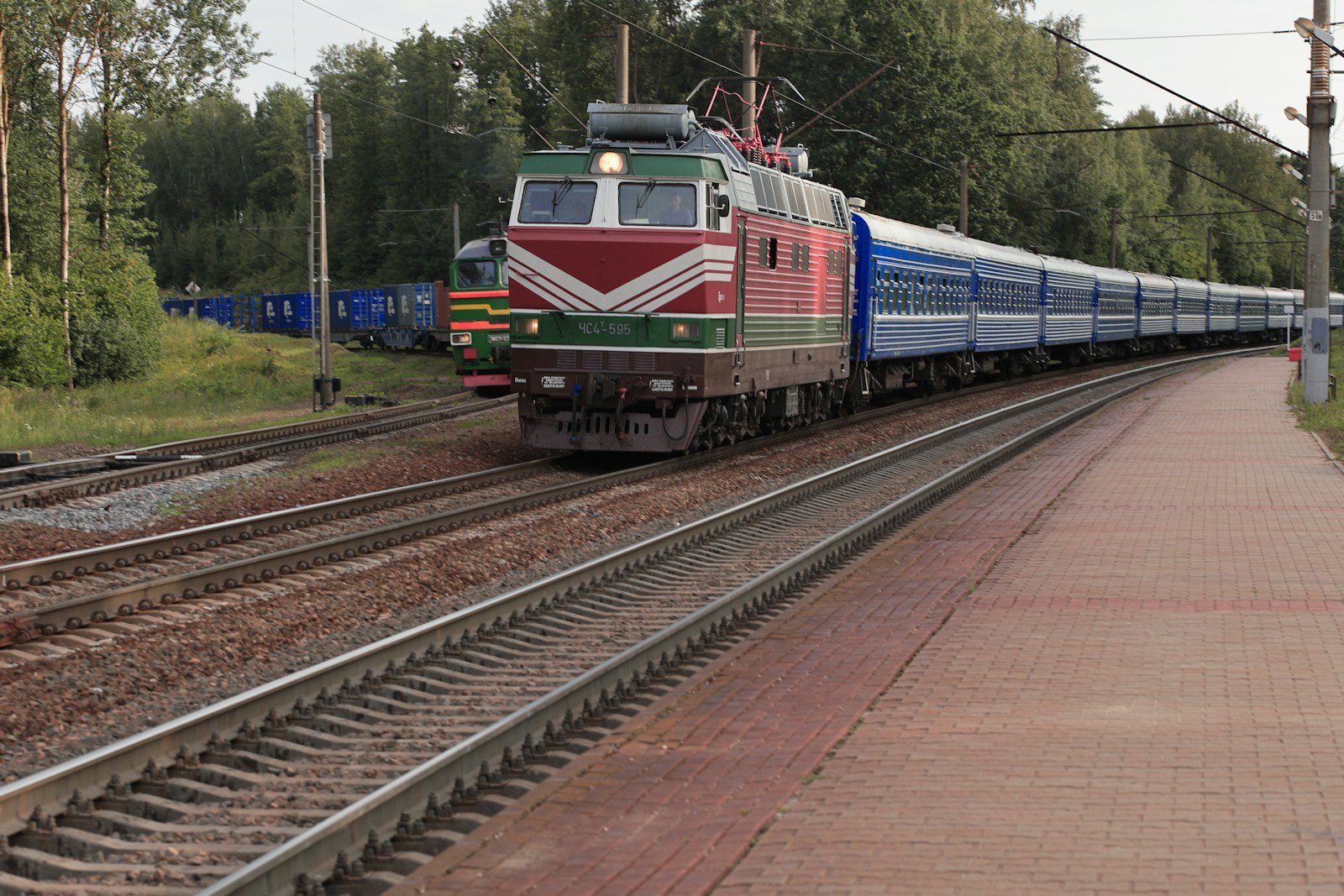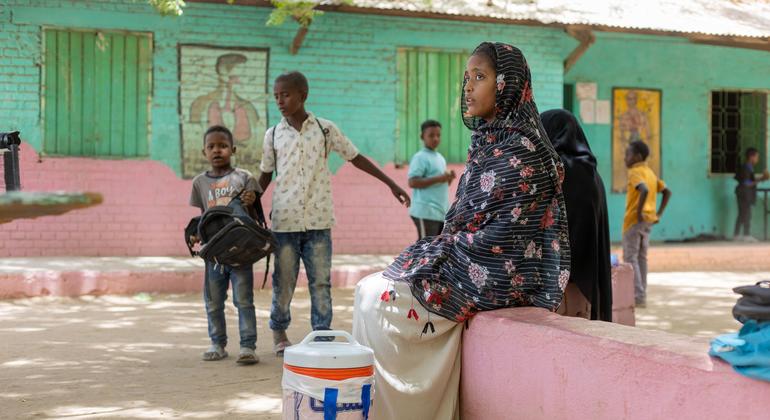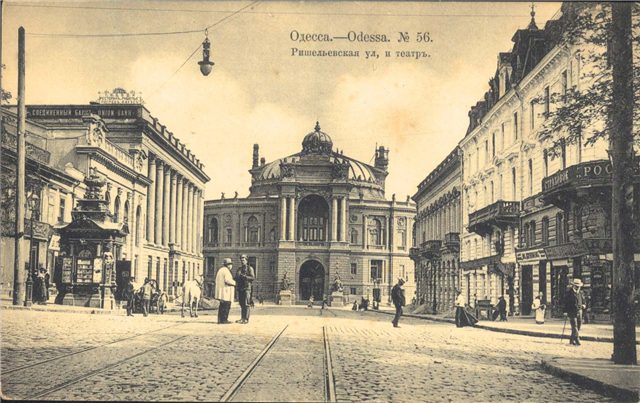In the heart of Paris, amidst the roar of a passionate crowd, David Popovici made history by becoming the first Romanian male swimmer to clinch an Olympic gold medal. His impressive performance in the men’s 200m freestyle at the Paris La Defense Arena on July 29, 2024, not only marked a personal victory but also a significant milestone for Romania in the world of swimming. This blog post delves into Popovici’s remarkable journey, his philosophy of perfection, and the moments that made this event unforgettable.
A Night to Remember: The Moment of Glory
As the race came to an end, the atmosphere in the arena was electric. Popovici’s powerful strokes carved through the water, and as he touched the wall, adrenaline surged as he looked up to see his name at the top of the scoreboard. It was an ecstatic moment; with emotions spilling over, he splashed the water in celebration, embracing the victory he had worked so hard for. The gold medal hung around his neck like a testament to years of training and perseverance.
For a moment, the weight of expectations lifted, and he reveled in the joy of his achievement. Flashes from photographers captured the delight on his face as he posed proudly with his gold medal. However, this joyous interlude was fleeting. Known for his reflective demeanor, Popovici quickly transitioned back to his characteristic poise, preparing himself for what lay ahead.
Chasing Perfection: A Humble Mindset
What sets David Popovici apart is not just his record-breaking speed in the water but also his profound approach to the sport. In interviews, he remains modest despite his incredible accomplishments. “Absolutely no one is a perfect swimmer. Neither am I,” he reflects, acknowledging that even legends like Michael Phelps have their imperfections. This mindset drives him daily, as he trains relentlessly to get closer to his version of perfection.
“I just try to chase perfection,” Popovici emphasizes. “But being aware that you can never touch it.” This philosophy reveals a deeper understanding of the sport; it’s not just about the medals and records, but also about the relentless pursuit of improvement. It’s a lesson that resonates not just with athletes but with everyone striving for excellence in their fields.
The Road to Paris: Overcoming Challenges
David’s journey to gold was not devoid of obstacles. From early morning training sessions to grueling workouts, he faced multiple hurdles, including injuries and the pressure of competition. However, each challenge only fueled his determination to excel. Popovici’s focus remained unshaken, always looking ahead to the next race and the next goal.
His resilience mirrors that of many elite athletes who must navigate personal and professional challenges while maintaining peak performance. With each setback, he refined his technique and strategy, preparing for the brightest stage in the world: the Olympics.
Celebrating Romania’s Achievement
Popovici’s victory is more than just a personal triumph; it is a historic achievement for Romania, igniting national pride and inspiring a new generation of swimmers. His success brings attention to the country’s burgeoning talent in the sport and showcases the dedication of Romanian athletes on the global stage.
In the wake of his monumental win, Popovici has called for increased support for swimming programs in Romania, expressing hope that young swimmers will follow in his footsteps, fueled by dreams of Olympic glory. The impact of his achievement extends beyond the medal count—it inspires change and growth within the sport nationally.
David Popovici – A Legacy of Excellence
David Popovici’s journey to gold at the Paris 2024 Olympics embodies the spirit of chasing perfection, humility, and resilience. His victory not only adds a glorious chapter to his career but also sets a powerful example for athletes worldwide.
As he continues to push boundaries in the pool while remaining grounded, Popovici illustrates that greatness is not solely defined by victories but by the pursuit of improvement and the impact one can have on others. With his eyes set on future competitions, we can be sure of one thing: the “Skinny Legend” will keep chasing perfection, inspiring many along the way. The world eagerly awaits what will come next from this extraordinary athlete.




